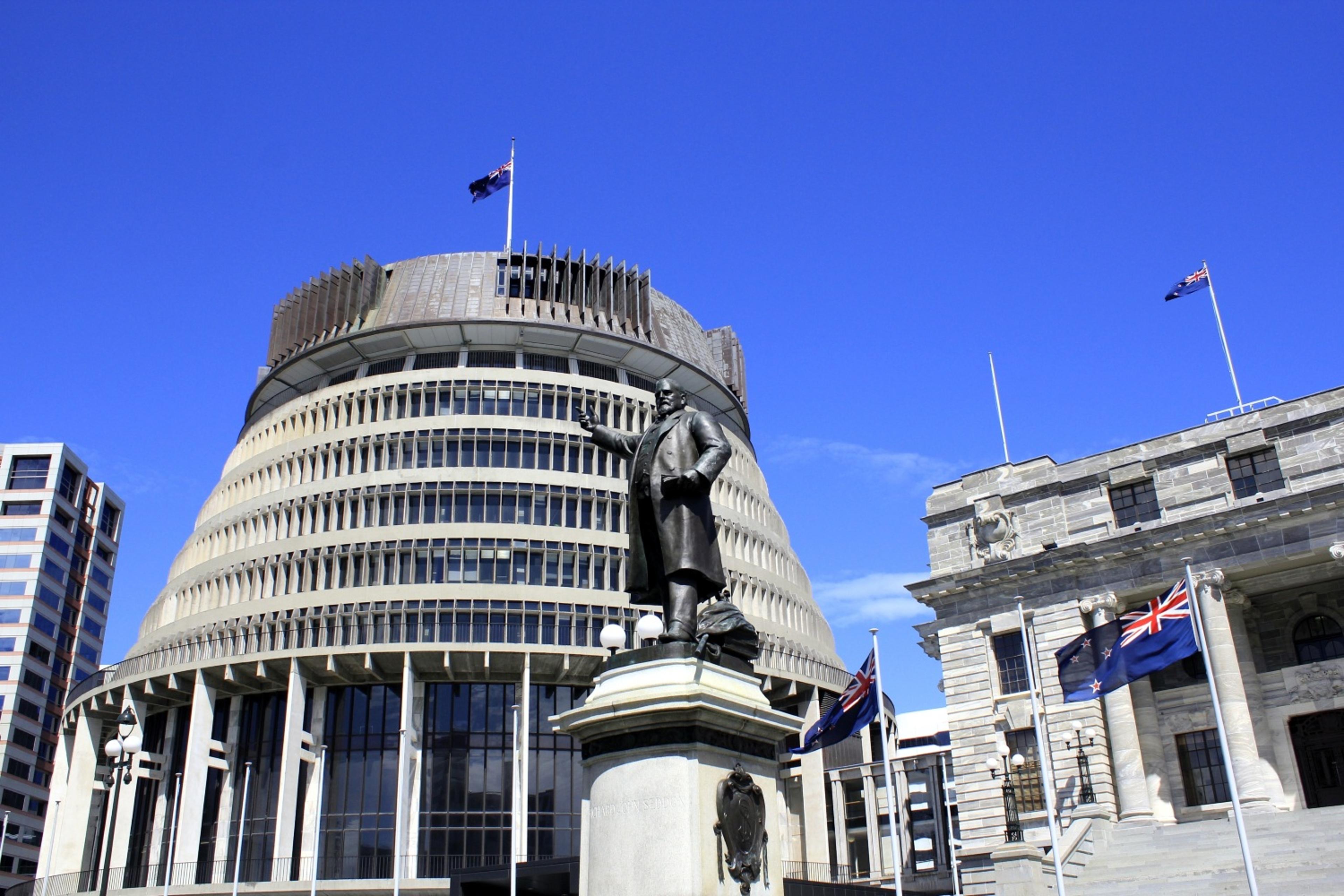Public or private, celebrities deserve control over their data, too


Contributors:
Jedidiah Bracy
Editorial Director
IAPP
Over the weekend two different celebrities were in the spotlight for very different reasons — one for sharing too much online, the other for keeping herself intensely private — but each instance is a smear on personal dignity and the right to privacy.
Perhaps one of the world’s most famous people, Kim Kardashian West was bound and robbed at gun point in a posh section of Paris. Her equally famous husband, Kanye West, even stopped his concert in New York City in the middle of a song to say he had to attend to a “family emergency.”
Kardashian West’s social media presence has reached an ungodly popular level. With 84.2 million followers on Instagram and 48.3 million followers on Twitter, there are few more well-known, and less private celebrities in the world. Part of that is due to how much she has decided to share with the world. In addition to all of her followers, Kardashian West and her family have long shared their lives through their E! television show. Plus, on social media, she posts everything from attending high society events like this week’s Paris Fashion Show to the mundane images of getting a facial. She even tweeted out an image of one of her security guards just days before the robbery.
This guy is always in my shot! pic.twitter.com/7LC6ewaYPO
— Kim Kardashian West (@KimKardashian) October 2, 2016
Much of the reaction to the robbery blamed Kardashian for sharing too much of her life with the globe at large. The Associated Press went with the headline, “Kardashian detailed flashy trip to the world.” Others have joked that it was bad “opsec,” and that she should have been more private about her daily galavanting and fashion purchases.
True, Kardashian West shares much more about her life than the average person, or celebrity, but that does not mean she deserves to be victim-blamed for being robbed. Is it so hard for people to sympathize with her?
On the opposite side of the privacy spectrum, the identity of Italian literary sensation Elena Ferrante was likely exposed by an investigative journalist over the weekend. Ferrante is well known for her best-selling novels detailing life in Naples. For years, media and fans alike have longed to find out the true identity of the secretive writer who has only done select interviews with press via email. Ten years ago, researchers at Rome’s La Sapienza University used text analysis technology in an attempt to unveil the author’s identity.
It turns out, if journalist Claudio Gatti is correct, Ferrante is really a translator and the wife of well-known fiction writer Domenico Starnone — the same person who was fingered in the text analysis research.
What gives Gatti the right to uncover such a beloved, but mysterious, writer? This is not dissimilar from recent attempts by researchers to find the identity of famed street artist Banksy. The researchers, in that case, employed geographic profiling technology to do so. The researchers searched for a correlation between 140 of his works of art in the London area and 10 commonly used names connected to the artist. Though this research has not confirmed Banksy's real identity, the thought of ever having his exposed is nauseating.
These artists likely have legitimate reasons to keep their identities secret. For Banksy, it’s fairly obvious since much of his art is conducted under legally dubious circumstances. Of Ferrante’s privacy invasion, novelist JoJo Moyes tweeted, “Maybe Elena Ferrante has very good reasons to write under a pseudonym. It’s not our ‘right’ to know her.” Matt Haig, another novelist, mirrored Moyes: “Think the pursuit to discover the ‘real’ Elena Ferrante is a disgrace and also pointless.”
Gatti argues there’s a public interest in identifying Ferrante. He counters that she is a public figure who has “lied” about her life story. “When millions of books are bought by readers – in a way I think readers acquire the right to know something about the person who created the book,” he told BBC Radio 4.
Using the right-to-be-forgotten versus public interest fails here. The public interest would apply if Ferrante was running for public office, but as an artist creating work for fans, why should Ferrante’s privacy be invaded?
Pseudonyms are an important part of identity on the internet. Facebook has long had battles with the LGBTQ community over the real identities of transgender people and drag artists. Others use pseudonyms to escape abusive relationships or to protect their personal safety in repressive nations.
At the heart of the privacy paradigm resides personal control. Allowing that control, to tune the knobs of where to draw the privacy line, is what helps us maintain our dignity. We saw this in January when beloved rock star David Bowie passed away from cancer. He, too, was among one of the most well-known celebrities in the world, but amazingly he, somehow, kept his cancer diagnosis away from the public. It was a master class in personal control of privacy and dignity.
As journalists, privacy pros, fans of celebrities, and everyday people, we must strive to protect the very heart of privacy, that ability to control how much we want to share and how much we want to keep private. That’s part of our common humanity, even if we’re talking about the world’s most famous or reclusive people.
Photo credit: Eva Rinaldi Celebrity and Live Music Photographer Kim and Khloe Kardashian via photopin(license)



